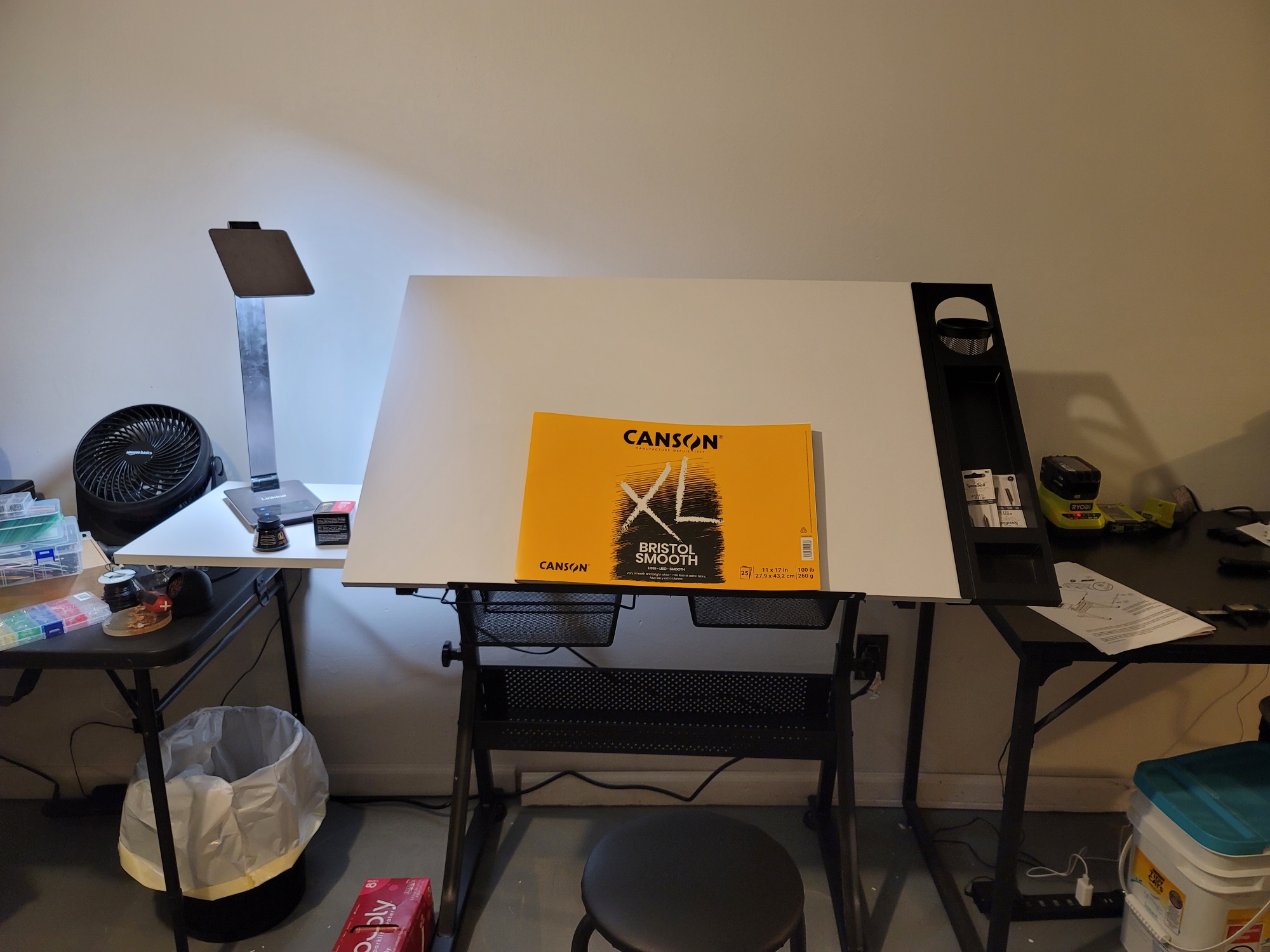Sorry, but Yves Klein beat you to it by some 65 years.
- 1 Post
- 182 Comments

 4·16 hours ago
4·16 hours agoHang them up next to the fuckering lights
Standard men’s-rights activist origin story

 7·21 hours ago
7·21 hours agoPeans is a dessert.
Great post Mr. Khaif. Your visa has been approved.

 30·21 hours ago
30·21 hours agoThe alternative to loving food is to eat as a necessity and seek to optimise it. Various combinations of industrialisation, the Protestant work ethic/disdain of unproductive hedonism, neoliberal financialisation of food production/distribution (hence the flavourless “water bomb” tomatoes that last longer in the supply chain, for example) and possibly endemic low-level depression could do this, to the point where the norm is just to get the necessary calories and a dopamine hit from some sugar/salt/fat and anything else seems suboptimal.

 20·21 hours ago
20·21 hours agoThe Germans love their döner kebabs, possibly even more than the British love their chicken tikka masala

 7·1 day ago
7·1 day agoThis one looks like an uglier version of Optimus. Not sure if it can be any worse to use, though.

 65·1 day ago
65·1 day agoOnly if they’re in human form. Feel free to goon to all the cartoon mouse ladies you want.
Poe’s Law is a bitch sometimes
There’s probably a comic in which someone who has agreed to donate their skeleton after they die anticipates being in a medical school or haunted house ride, but then ends up in a shop window selling boner pills in a seedy mall
A Russian design studio did this in the 00s. By the time it came out, it was fantastically expensive and terrible to use. I wonder if this one’s any better.
I was going to say: if your vocation is in a job that has a use for full-sized human skeletons, it would be a honour.
There was/is a cluster of roadside services in a place named Tebay in the north of England that was consistently highly rated for artisanal food, to the point that people would go there as a destination rather than just stopping if it’s on the way. Not sure if this is still the case.
They invented the balti curry

 30·3 days ago
30·3 days agoOr a neo-Nazi, or some incel who has no coherent political views but a formless rage, and knows nothing about Jews except that killing them is very edgy and would eclipse the shame of being a virgin with a vast porn collection.

 5·4 days ago
5·4 days agoWatch long enough and they will start dreaming and twitching in their dreams.
“Here’s a link to a ChatGPT-generated article on why horses are actually reptiles”
Well, they’re not exactly Britney Spears, are they?



Thank you, Minecraft Conchita Würst